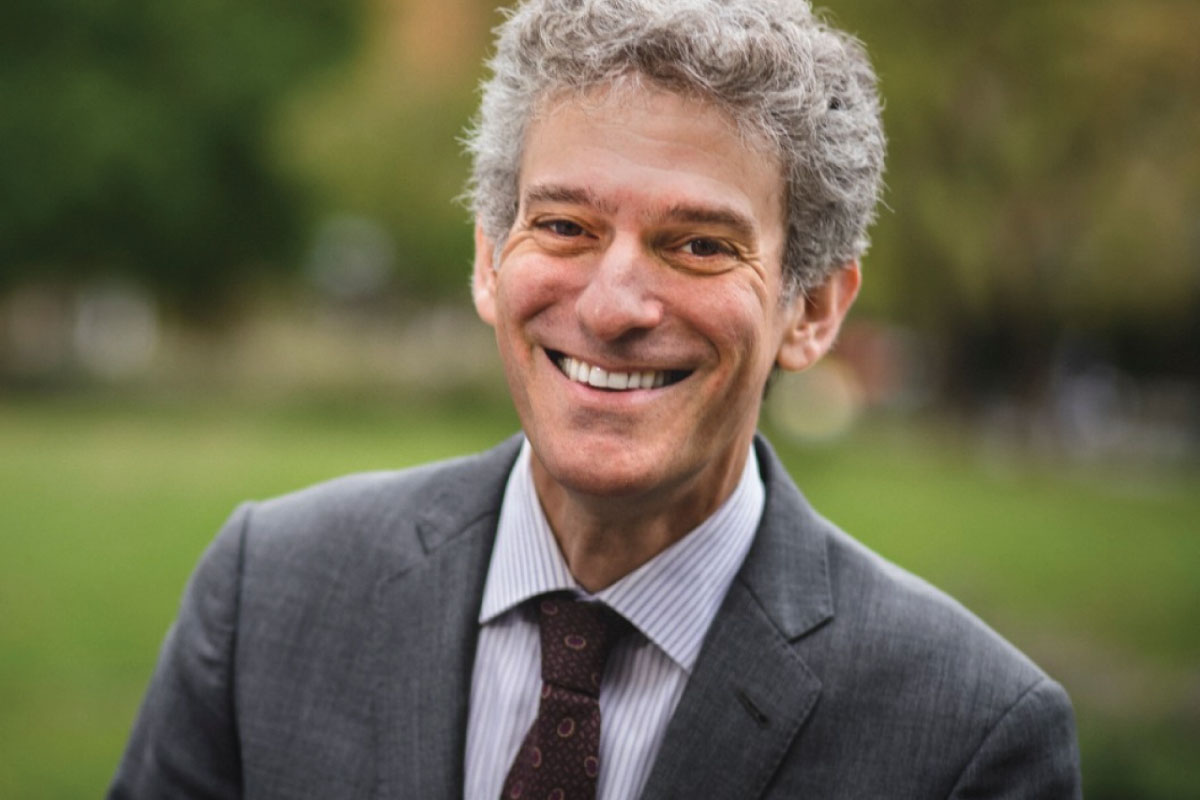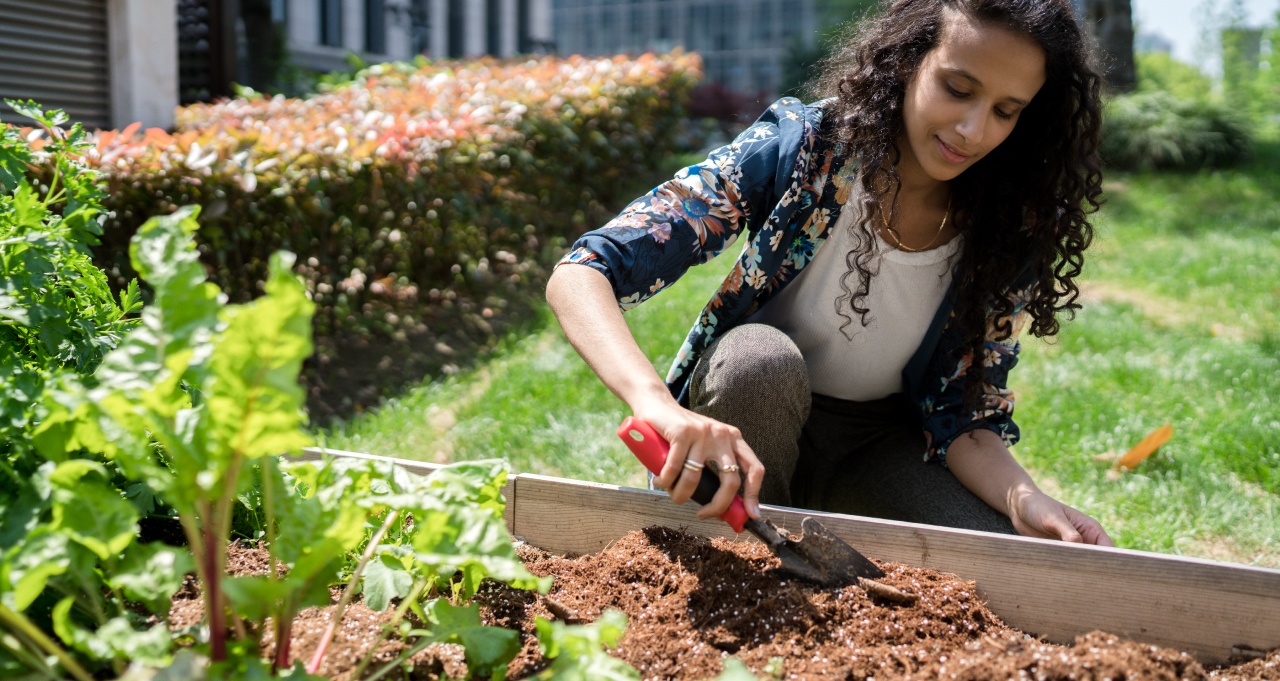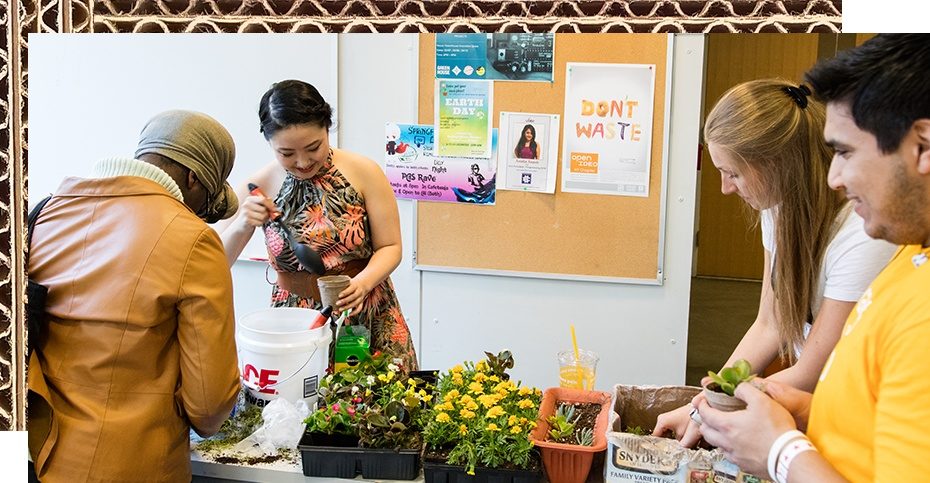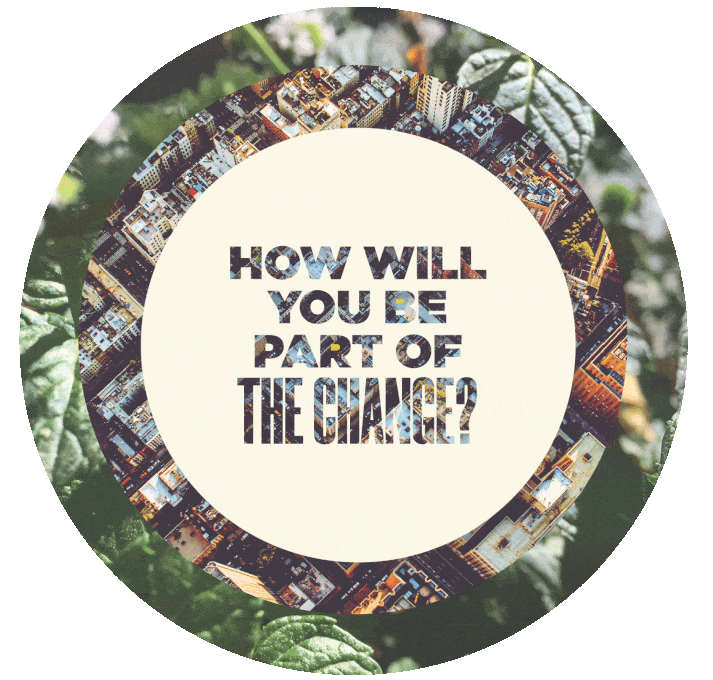
We’re all aware of the many challenges facing our planet. Already, they are playing out in extreme weather events, species loss, and the mass migrations of people. But we also know that the motivation, determination, and creativity of the next generation—your generation—could change everything.
As you chart your path toward college, it’s up to you to decide how to incorporate sustainability into your experience. At NYU, ranked No. 3 on The Princeton Review’s list of Top 50 Green Colleges for 2024, you will be empowered to make it part of every aspect of your life—from the topics you study to what you eat for breakfast. Here are a few socio-environmental options at each campus.
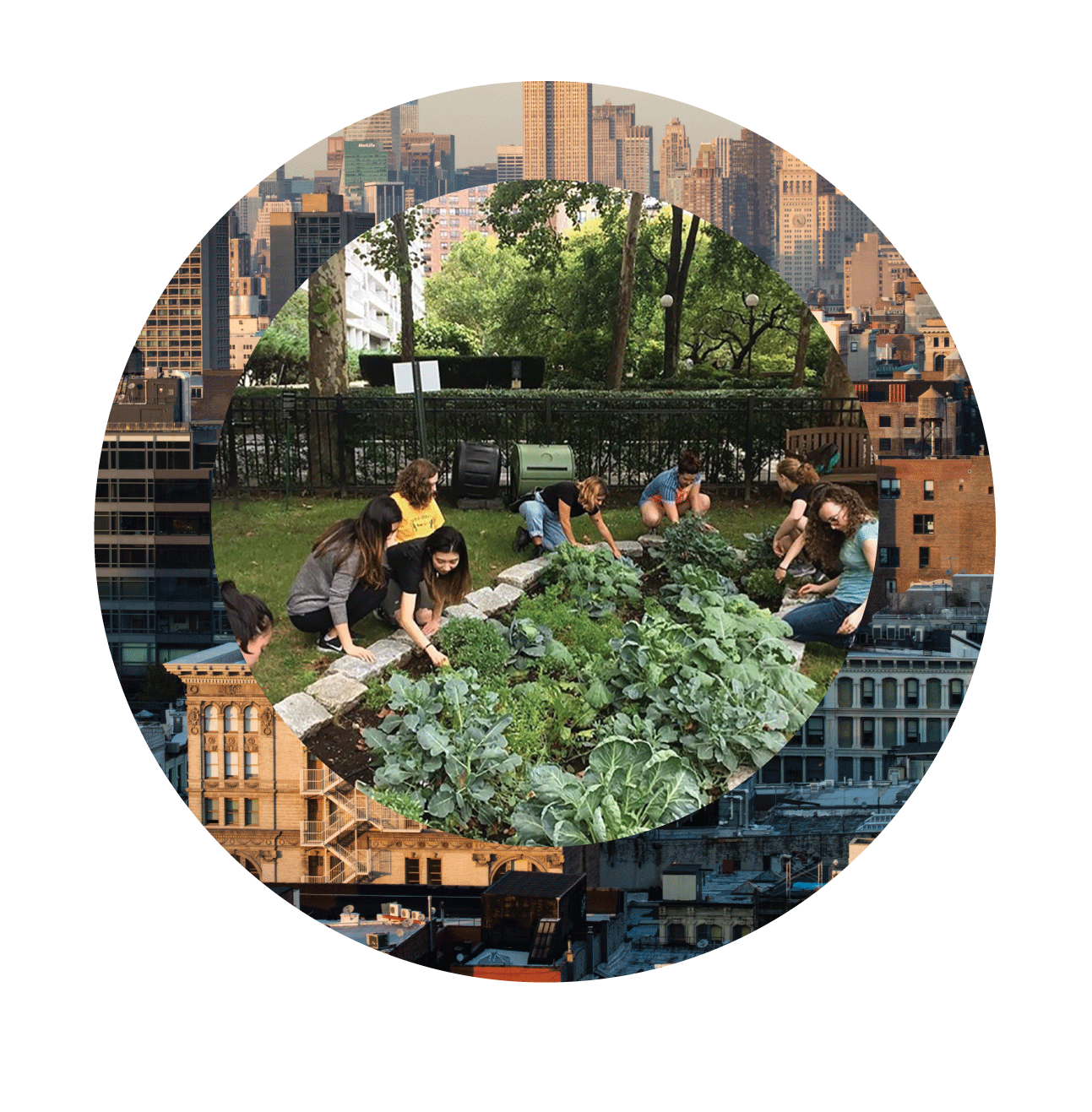
Environmental Studies at NYU’s Campus in New York City
Environmental Studies (ES) is one of the most popular majors for students who are passionate about sustainability. And it’s easy to understand why. This interdisciplinary degree gives you the tools to understand—and help resolve—pressing environmental issues, from how to reduce our carbon footprint to how to provide communities with clean water. When you study ES, you learn technical science alongside research methods, modeling, and much more.
At NYU’s campus in New York City, you can major or minor in ES. This means you can pair your coursework with another interest, such as animal studies, global public health, or politics. Whatever you choose, your studies will open you to a wide breadth of possible futures. ES graduates have gone on to work at organizations like the American Museum of Natural History, Climate Central, Patagonia, and the Environmental Protection Agency.
The ES major comprises nine courses, designed to give you the skills and background to understand and address complex environmental issues. Beyond the core requirements, you’ll build your research tool kit through a “methods of inquiry” course, like Biostatistics or Quantitative Analysis for Public Policy, and a governance course, like Environmental Activism or Diplomacy and Negotiation. Because the degree draws from different disciplines and NYU schools, it is highly customizable. You can shape your trajectory by choosing from three concentrations: environmental sciences; environmental values and society; and planning, cities, and transportation. No matter what you decide, all ES students take a senior seminar. There, you’ll engage with guest lecturers like Mark Tercek, The Nature Conservancy’s former president and CEO, and Miriam Horn, environmental filmmaker and New York Times best-selling author.
So, what makes ES at NYU special? “Our program is distinctive in its world-class faculty and interdisciplinary curriculum,” explains Dr. Christopher Schlottmann, director of undergraduate studies. Plus, being in New York City means gaining access to volunteer opportunities and internships with some of the world’s leaders in sustainability. “We are surrounded by a remarkable urban environment and environmental groups,” Dr. Schlottmann affirms. For example, New York City is home to the Billion Oyster Project, a nonprofit working to restore the health of New York Harbor through public education projects. In addition, GrowNYC has been improving New Yorkers’ quality of life for over 50 years through conservation, education, and access to healthy food. The Environmental Defense Fund, a nonprofit environmental advocacy group, is also headquartered in New York City. And you’ll be able to attend Climate Week NYC, which takes place annually alongside the United Nations General Assembly.
A Farm in the City
Just south of the Stern School of Business lies a plot of farmland tucked amid the rising towers of Washington Square Village. This farm is home to the Community Agriculture Project, where NYU students meet weekly to grow fruits and vegetables.
Hannah Lipsky, a Biology major, describes how she found a haven in the club. “It’s one of the most welcoming groups of people to be around. You can get as involved as you want, learn about sustainable farming, and take a relaxing break from intense academics,” she says. “Even though it’s my first year joining, I can’t wait to continue.” As a bonus, she’s gotten to grow her favorite crop: cherry tomatoes. “I use them all the time for cooking, in dishes like frittatas and tomato tarts. They’re a great, versatile food.”
Joining the Community Agriculture Project is just one way to make a difference on campus. Other popular sustainability-focused clubs include the Animal Welfare Collective, Earth Matters, and the Future Fashion Group.
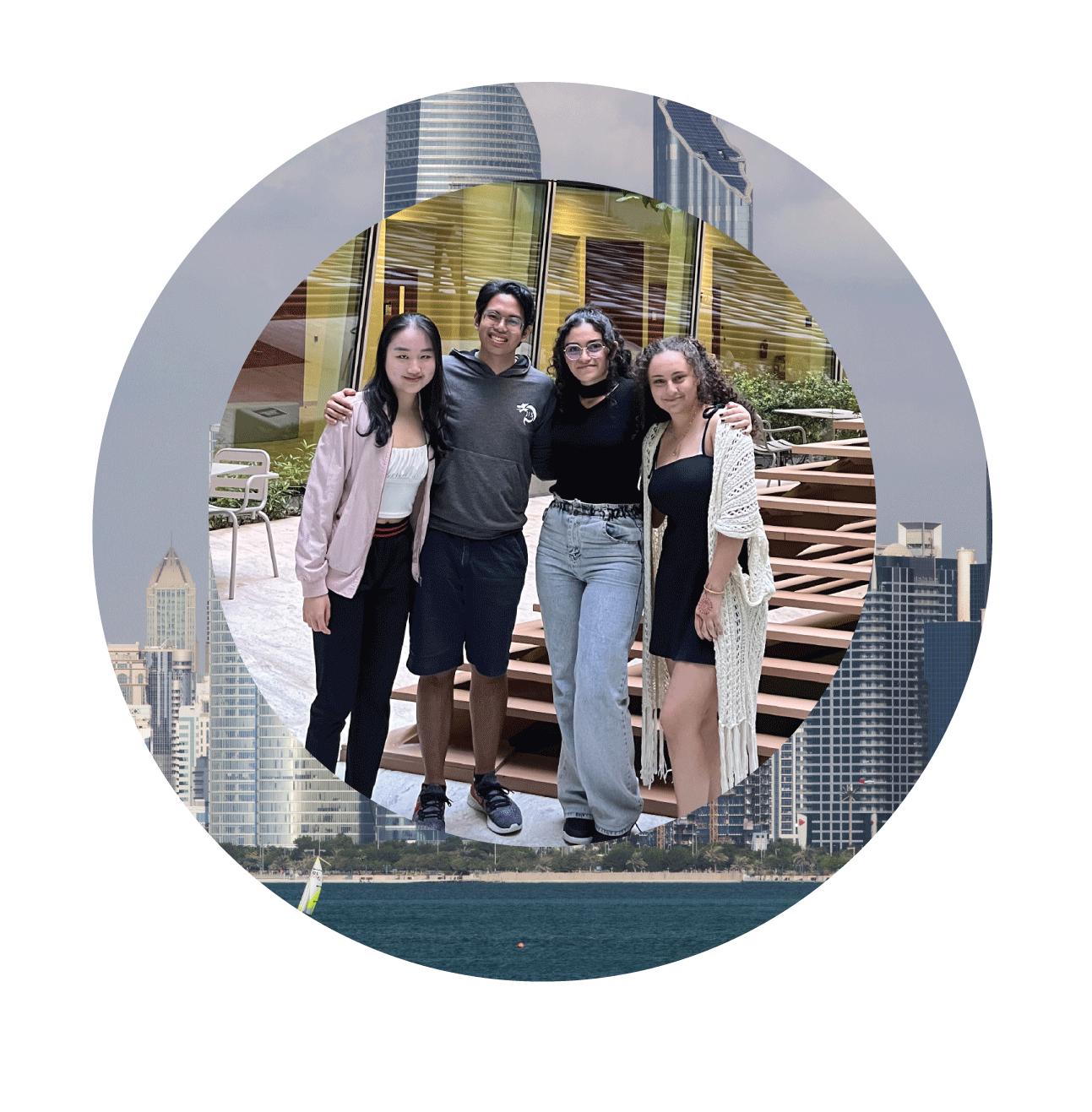
Urbanization at NYU Abu Dhabi
Did you know that the United Nations estimates nearly 70 percent of the world’s population will live in urban areas by 2050, compared to just 10 percent at the start of the 20th century? This steep increase means that the need for energy, mobility, water, and other resources will only intensify in the years ahead. As a result, the decisions we make about how our cities function today have the potential to impact lives for decades to come.
If the idea of improving city livability inspires you, then the Urbanization minor at NYU Abu Dhabi could be for you. This interdisciplinary field examines the social, economic, environmental, political, and physical issues related to urbanization. “We look at urban sustainability, including environmental sustainability, but also resilience, social impact, and policies,” explains Dr. Samer Madanat, the dean of engineering.
Students minoring in Urbanization complete four courses that explore a variety of issues within the field. Offerings include Art and Architecture: Reinventing the City, Port Cities of the Atlantic World, and Wealth and Inequality in the Global City. “Depending on which courses you take, you will learn tools to analyze inequality and inequity in cities around the world and gain exposure to policies that have successfully reduced them,” Dr. Madanat adds. “We also learn useful technical skills, including the geographic information system for data analysis, that help define urban problems quantitatively and graphically.”
But it’s the location that makes studying urbanization at NYU Abu Dhabi especially exciting. Abu Dhabi is an expanding city, experimenting with different ideas about modernization. Dr. Madanat puts it this way: “On one hand, the city borrows some of the best practices from larger and more advanced cities. On the other hand, it copies some of the worst examples, like urban sprawl and a transportation system that is almost entirely based on the automobile.”
With majors as wide-ranging as Economics, Mechanical Engineering, and Music, NYU Abu Dhabi has many ways for you to gain the education and skills you need to help reshape the future of our cities.
Engineering Students Combat the Urban Heat Island Effect
NYU Abu Dhabi is home to the Center for InTeractIng urban nEtworkS (CITIES), a cutting-edge research institute that advances sustainable, resilient, and equitable cities. Here, students who are interested in data science, sustainable business, and other fields related to urban sustainability will find ample opportunities to participate in innovative research and connect with mentors.
One recent example comes from the Class of 2024. A team of four Civil Engineering majors—Jason Cruz, Jennifer Tsai, Mawadda Abdan, and Yasmeen Abdelmoneim—partnered on Roads/Roofs: Reclaimed, a project focusing on measurable ways to reduce the urban heat island effect in Abu Dhabi’s microclimate. Over the course of two semesters, the team worked with faculty advisers to conduct research that will inform a new engineering guide. Drawing inspiration from the government-published Abu Dhabi Urban Street Design Manual, the team’s guide will propose practical, concrete actions the city can take to combat rising temperatures.
Stage one of their work took place in fall of 2021 and focused on building materials. The team began by researching regional materials, like coral, dry stone, mud brick, thatch, and wood, which are both sustainably produced and have the natural capacity to help regulate temperature and humidity. Then, they identified representative locations in the city, built 3-D models using Ansys engineering software, ran trials to determine how the materials would perform under different weather conditions, and calculated the cost efficiency for each scenario. Currently, the team is exploring how the materials hold up over time and expanding the experiment to additional locations. Stage two will follow a similar path and measure the impact of urban green spaces.
“We’ve learned through our research how urgent an issue climate change actually is,” the team reports. “While Roads/Roofs: Reclaimed prepares for a scenario 30 years into the future, when the time needed for research and implementation is taken into account, there is little room to spare to address the looming challenges climate change will undoubtedly bring. Moving forward, we need to integrate this concern into civil engineering practices in order to adapt and prepare for a climate crisis wherever projects take place.”
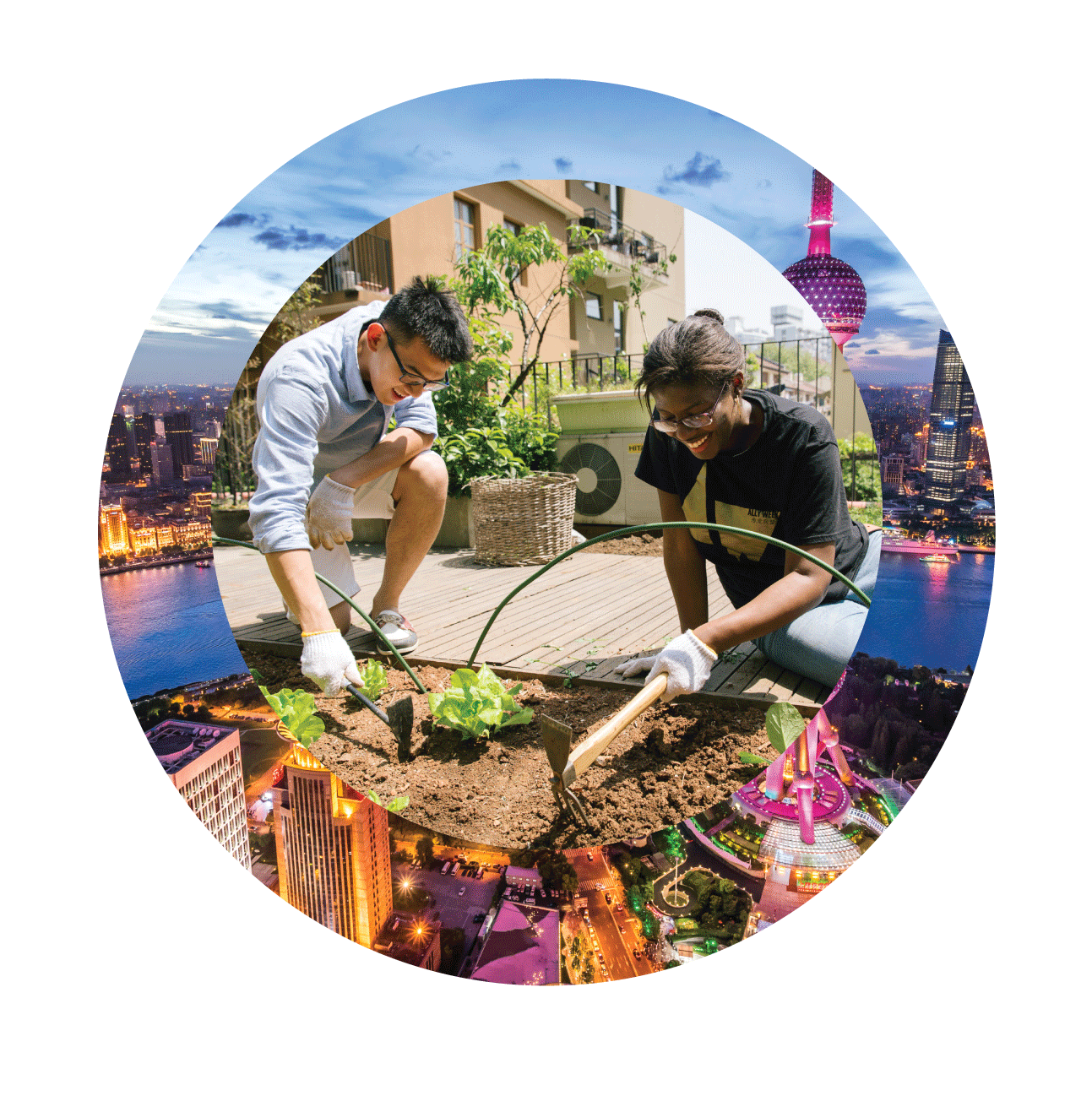
Social Science at NYU Shanghai
Studying social science is one of the most versatile options for an education in sustainability. It brings together economics, political science, psychology, and many other disciplines to understand why people do what they do. By exploring what drives human interaction, social scientists can understand—and contribute to solving—some of the most pressing issues of our time.
At NYU Shanghai, you can major or minor in Social Science. The subject’s flexibility lets you zero in on your favorite environmental topic by combining Social Science with another major or minor, like Business and Marketing, Chemistry, or Humanities. Through courses such as Environment and Society, Introduction to Global Health, and Methods of Social Research, your studies will prepare you for a career or advanced studies in many different fields, including environmental science and public policy. According to Dr. Xiaogang Wu, NYU Shanghai social science area head, “Students studying social science learn different theories and methodologies and apply them to real issues facing the contemporary world. They are encouraged to participate in social practice to become agents of social change.”
Social science is also an option at NYU in New York City, while NYU Abu Dhabi has a similar program called Social Research and Public Policy. But if you choose NYU Shanghai, you have the advantage of being in a city that is undergoing a dramatic transformation. Dr. Wu puts it this way: “There is a Chinese nickname for Shanghai, the Magic Capital. Because things are changing so fast here, the city provides a laboratory to study a variety of issues that social scientists are interested in. Its unique location and historical tradition make it an ideal place to gain local touch and global reach.”
Other Opportunities at NYU Shanghai
A small number of highly motivated students with excellent academic track records are eligible to pursue the Self-Designed Honors Major. This special program, which combines coursework from different departments at NYU Shanghai and NYU’s campus in New York City, is the perfect way to take your interest in ecological issues even further and benefit from opportunities to study across NYU’s expansive global network.
Sustainable Studies
The future of the environment can be a part of any curriculum. NYU has more than 600 sustainability-focused courses to choose from, including:
- Introduction to Marine Ecology and Conservation (College of Arts and Science)
- History of Environmental Sciences Before Darwin (Gallatin School of Individualized Study)
- Lifestyle Approaches and Well-Being in Nursing (Rory Meyers College of Nursing)
- Service Learning and Food Insecurity (Silver School of Social Work)
- Science in Our Lives: Water and Sustainability (Steinhardt School of Culture, Education, and Human Development)
- The Theory and Practice of Sustainable Investing (Stern School of Business)
- Global Perspectives on Urban Sustainability (Tandon School of Engineering)
- Green World (Tisch School of the Arts)

